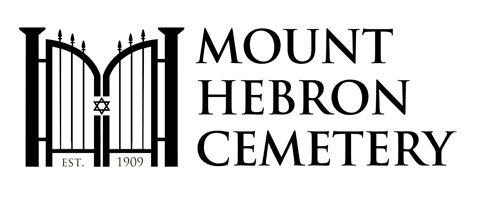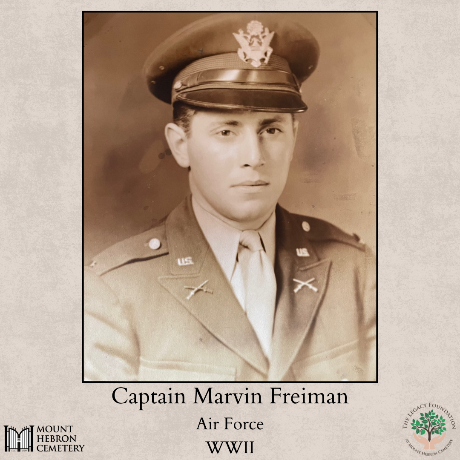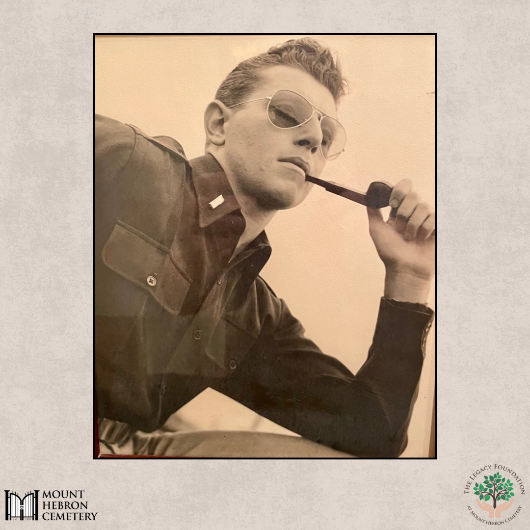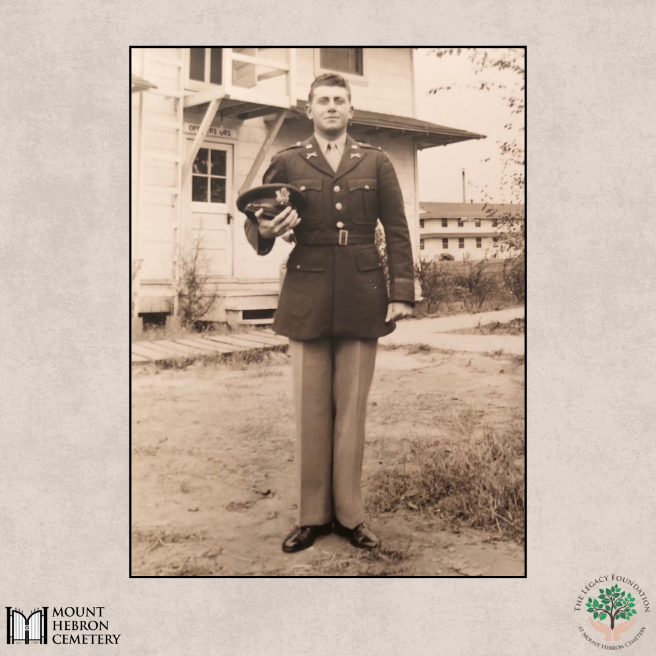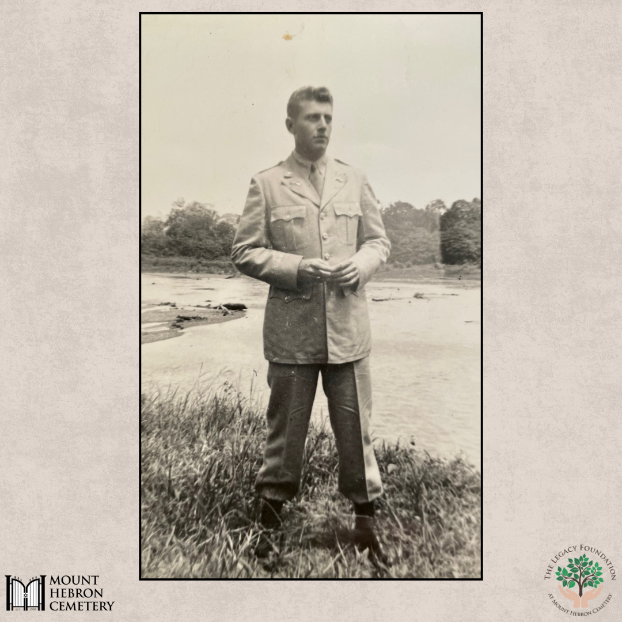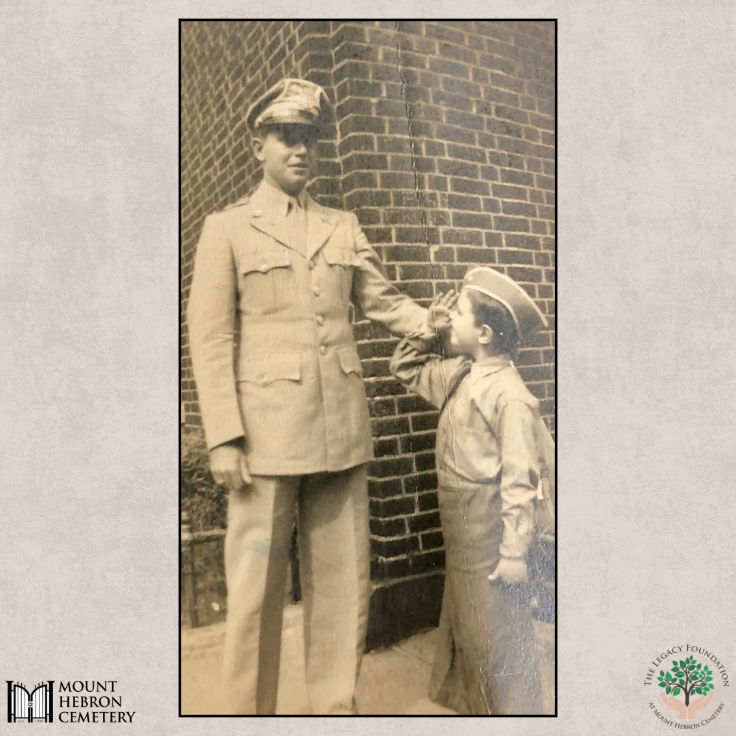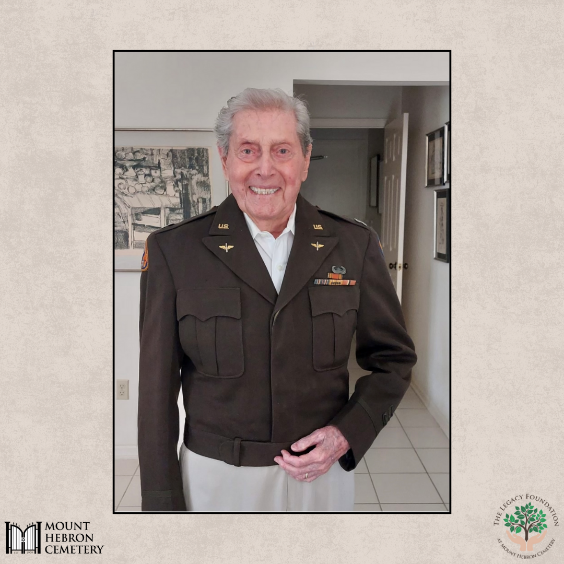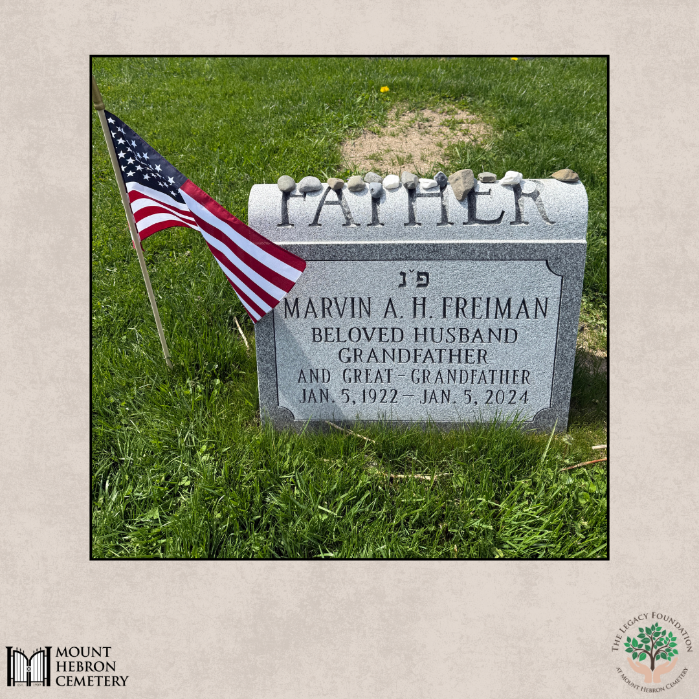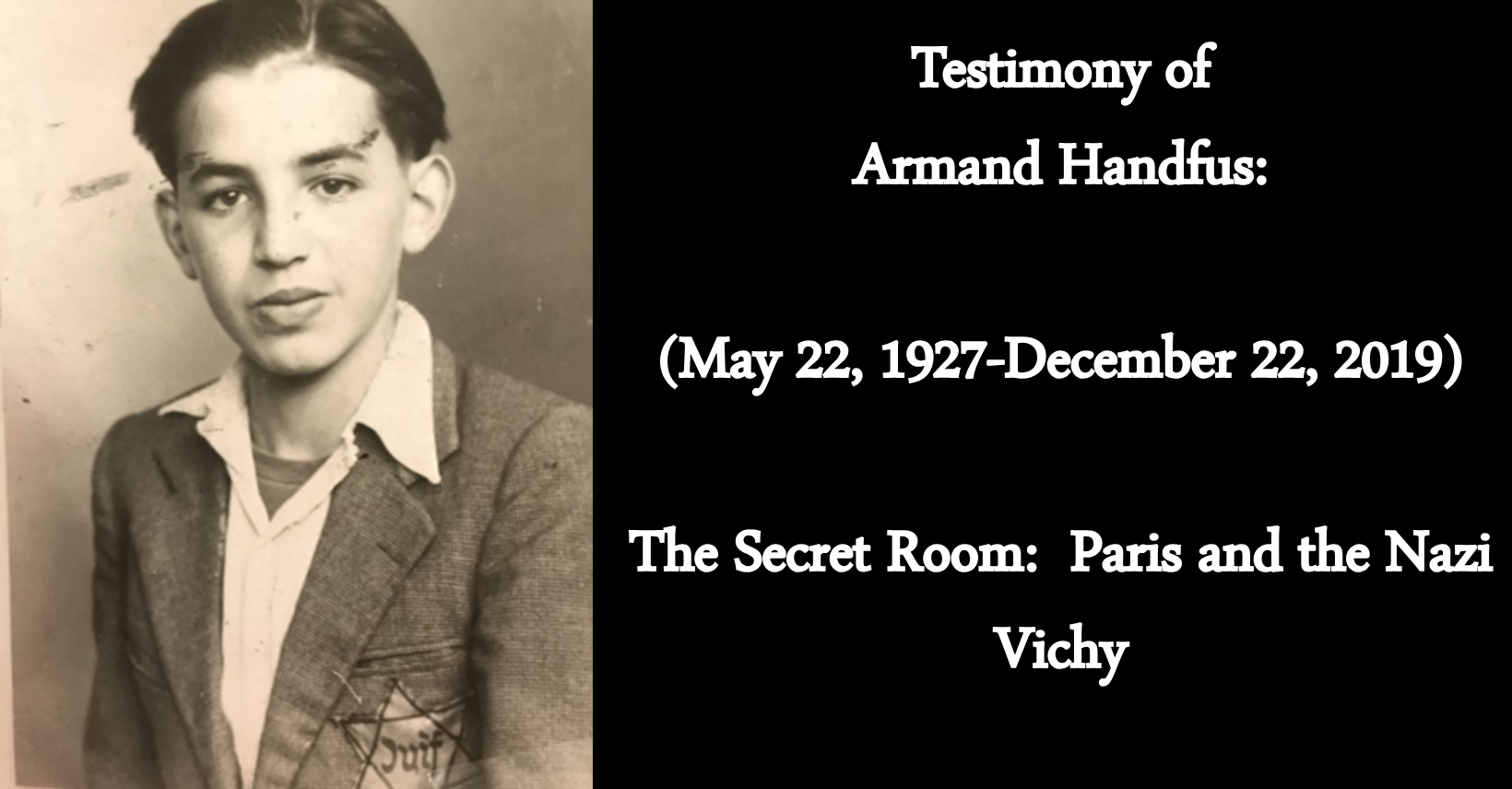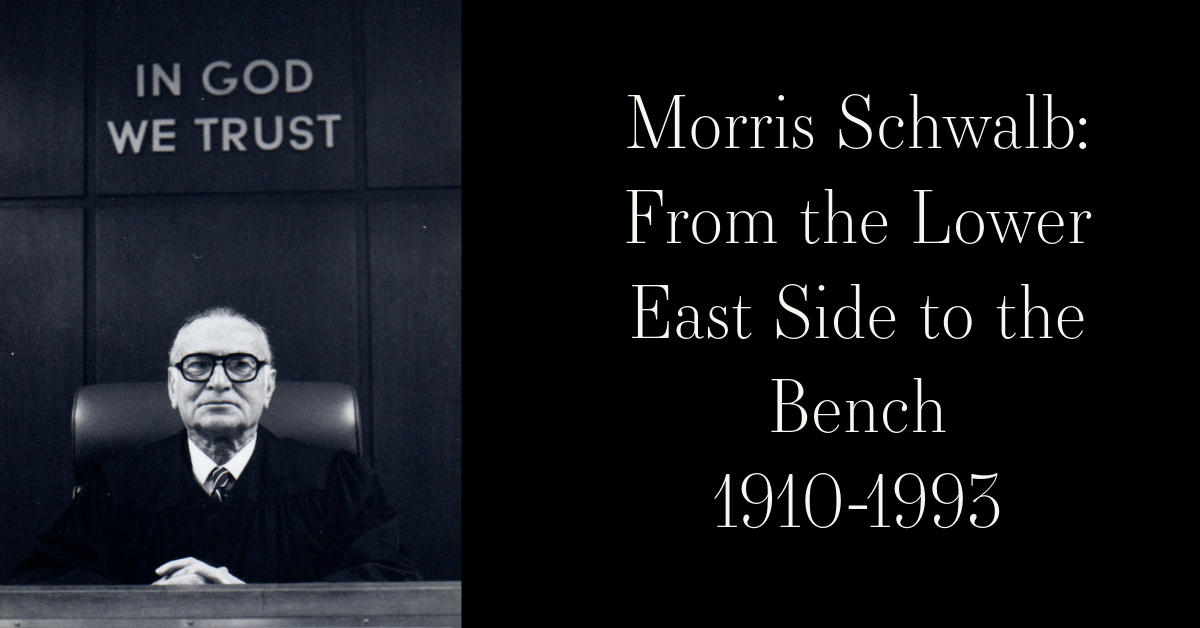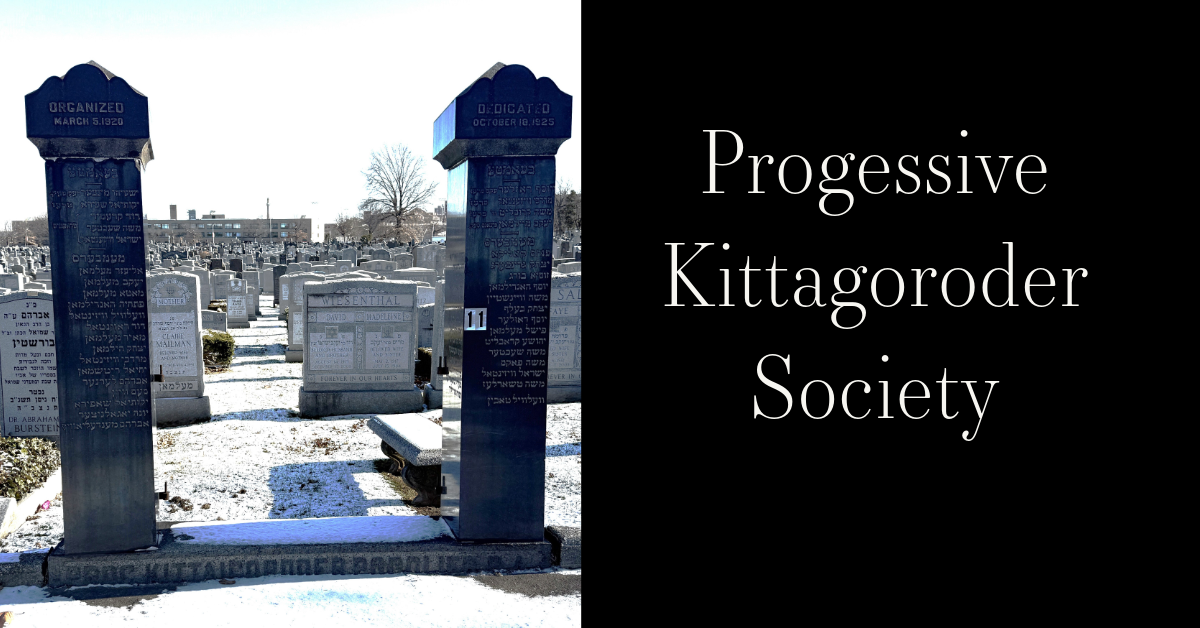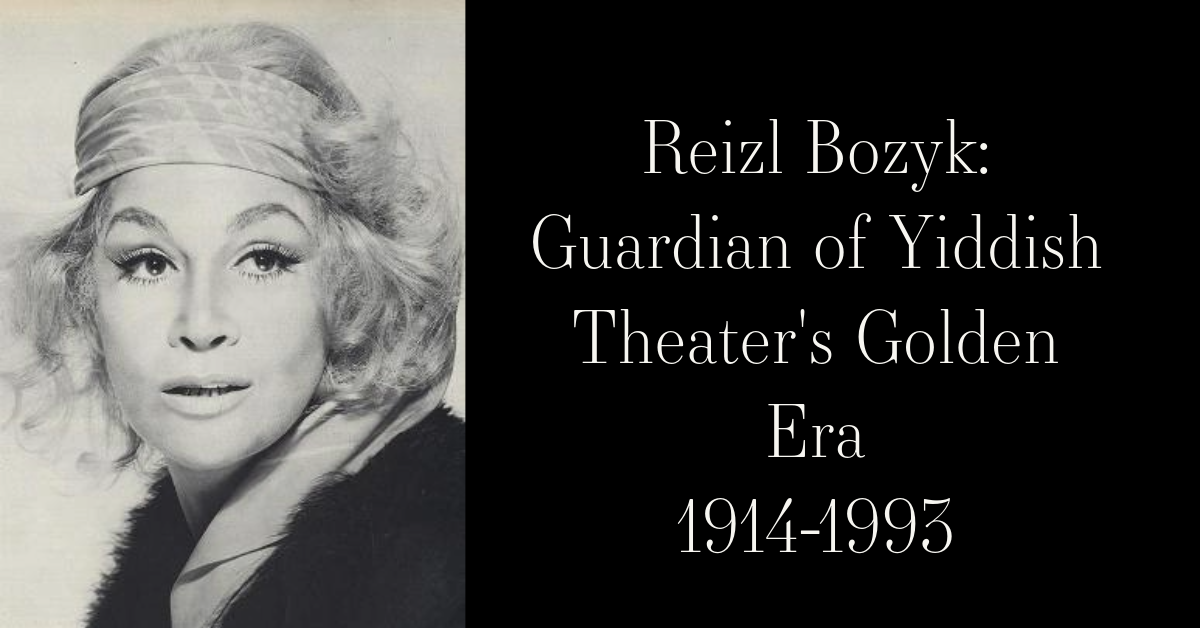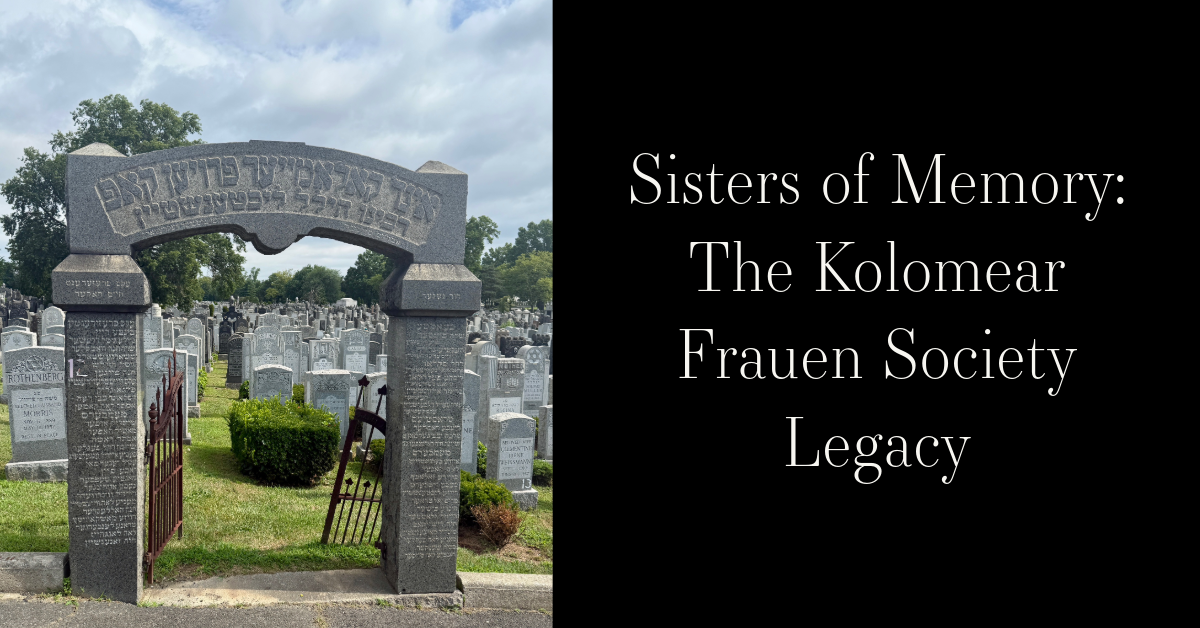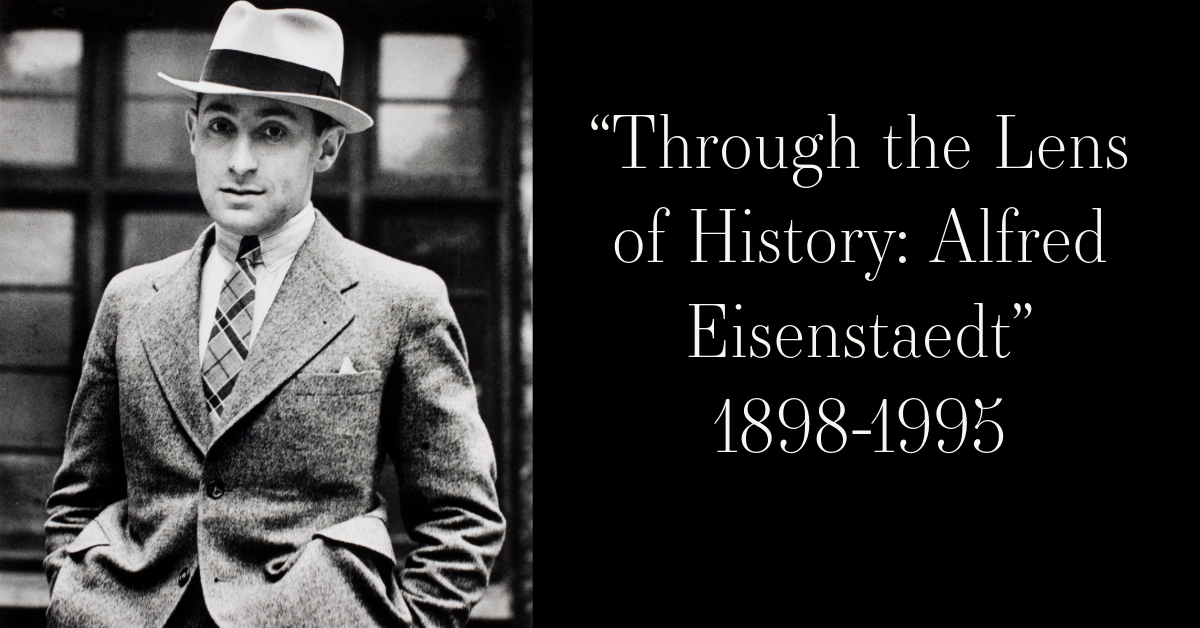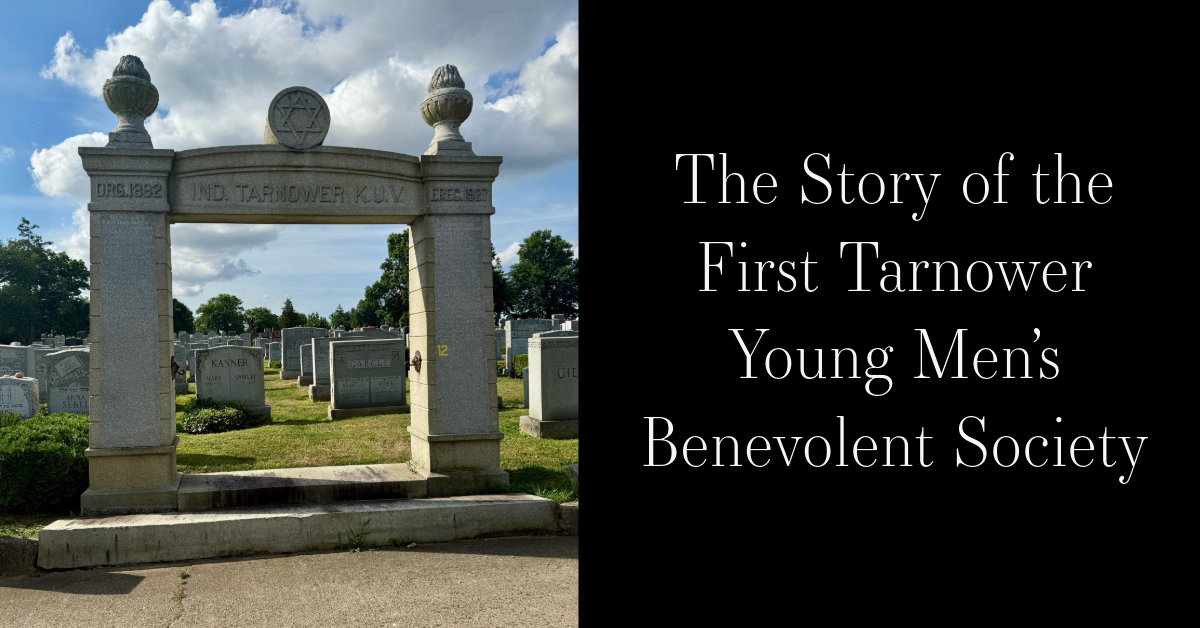Story Summary:
Marvin Freiman lived a life of service, scholarship, and integrity. A top graduate of NYU in 1942, he joined the U.S. Army during World War II and served for more than four years, rising to the rank of Captain. His military career spanned infantry, airborne, and air force service, and he also served as a historian, intelligence officer, and legal counsel. After the war, he earned his law degree from Cornell and practiced for over fifty years, carrying the same dedication and sense of justice that defined his service. His legacy reflects courage, intellect, and an unwavering commitment to doing what is right.~Blog by Deirdre Mooney Poulos
Marvin Freiman: A Legacy of Service, Scholarship, and Law
Marvin Freiman graduated with distinction from New York University in 1942, earning a degree in History and English. Ranking within the top fifth of his class, Freiman displayed a strong academic aptitude that extended beyond the classroom. He was an active member of the John Marshall Law Society, a student organization that emphasized legal scholarship and the legacy of Chief Justice John Marshall.
Upon completing his undergraduate studies, Freiman was quickly swept into the global conflict of World War II. He enlisted in the United States Army on June 16, 1942, at a time when the war effort demanded immense manpower and leadership. Over the next four years and two months, Freiman would serve his country with exceptional commitment, culminating in an honorable discharge as a Captain on August 22, 1946.
Freiman’s military career was both diverse and demanding. Initially trained in the Infantry and Airborne Infantry, he later transitioned into the U.S. Army Air Forces, which by 1941 had become an independent branch of the Army’s combat structure. His dual service reflected the evolving nature of the war and the strategic shift from ground-based combat to air mobility and support.
During his training as an Infantry Unit Commander, Freiman sustained hearing loss—an all-too-common injury among soldiers frequently exposed to weaponry and explosives. Nonetheless, he proved highly skilled in arms, qualifying as an expert in the M1 Carbine, Browning Automatic Rifle (BAR), and Light Machine Guns. Additionally, he earned recognition as a First-Class Gunner with Heavy Machine Guns, a testament to his precision and leadership on the weapons range.
Freiman spent significant time on the rifle and weapons range, both as a trainee and instructor. His instructional roles were based at Camp Croft in Spartanburg, South Carolina—a major infantry training center during the war—and at the Infantry Rifle and Heavy Weapons School at Fort Benning, Georgia, home to some of the Army's most rigorous combat training programs.
One of the most unique chapters of his service was his assignment with the 13th Airborne Division, where he served as an Anti-Tank Unit Commander attached to a Glider Infantry Unit. Glider Infantry operations were a bold yet perilous innovation in WWII strategy, involving silent, engineless aircraft (CG-4A Waco Gliders) used to insert troops and equipment behind enemy lines. Freiman underwent glider training at Fort Bragg, North Carolina, which became the epicenter of the Army’s airborne operations.
Overseas, Freiman served in the Pacific Theater with the Thirteenth Air Force, a critical component of Allied operations stretching from the Solomon Islands to the Philippines. One notable posting was on the island of Morotai, part of the then-Netherlands East Indies (modern-day Indonesia). After the Allied landing, Morotai came under repeated Japanese air raids, prompting nightly anti-aircraft defenses. Despite the dangers, Freiman frequently flew as a passenger aboard C-47 transport aircraft to various island outposts, including New Guinea—missions conducted without protective gear, underscoring the hazards faced by air transport personnel.
His duties went beyond the battlefield. Freiman held several significant administrative and legal roles during his service. He was designated the historian of the Thirteenth Air Force and worked as a photo intelligence officer, analyzing aerial reconnaissance to inform strategic planning. He also served as the official recorder for the Thirteenth Air Force Medical Reclassification Board, and as a defense counsel and member of courts convened under General Court Martial jurisdiction.
Throughout his 51 months of active duty, Freiman held a variety of leadership positions: Company Commander, Executive Officer, Platoon Leader in the Infantry, and Anti-Tank Officer in the 13th Airborne Division. His contributions spanned multiple major campaigns, including:
- The Northern Solomons Campaign
- The Bismarck Archipelago Campaign
- The New Guinea Campaign
- The Southern Philippines Campaign
- The Luzon Campaign
- The China Offensive
These were pivotal operations that pushed back Japanese forces and ultimately secured victory in the Pacific.
Following the war, Freiman resumed his academic pursuits, enrolling in Cornell Law School. This marked the beginning of a distinguished legal career that would span over five decades. His post-war life was characterized by the same dedication and integrity that had defined his military service—a commitment to justice, public service, and the rule of law.
May his memory be a blessing.
~Blog by Deirdre Mooney Poulos

